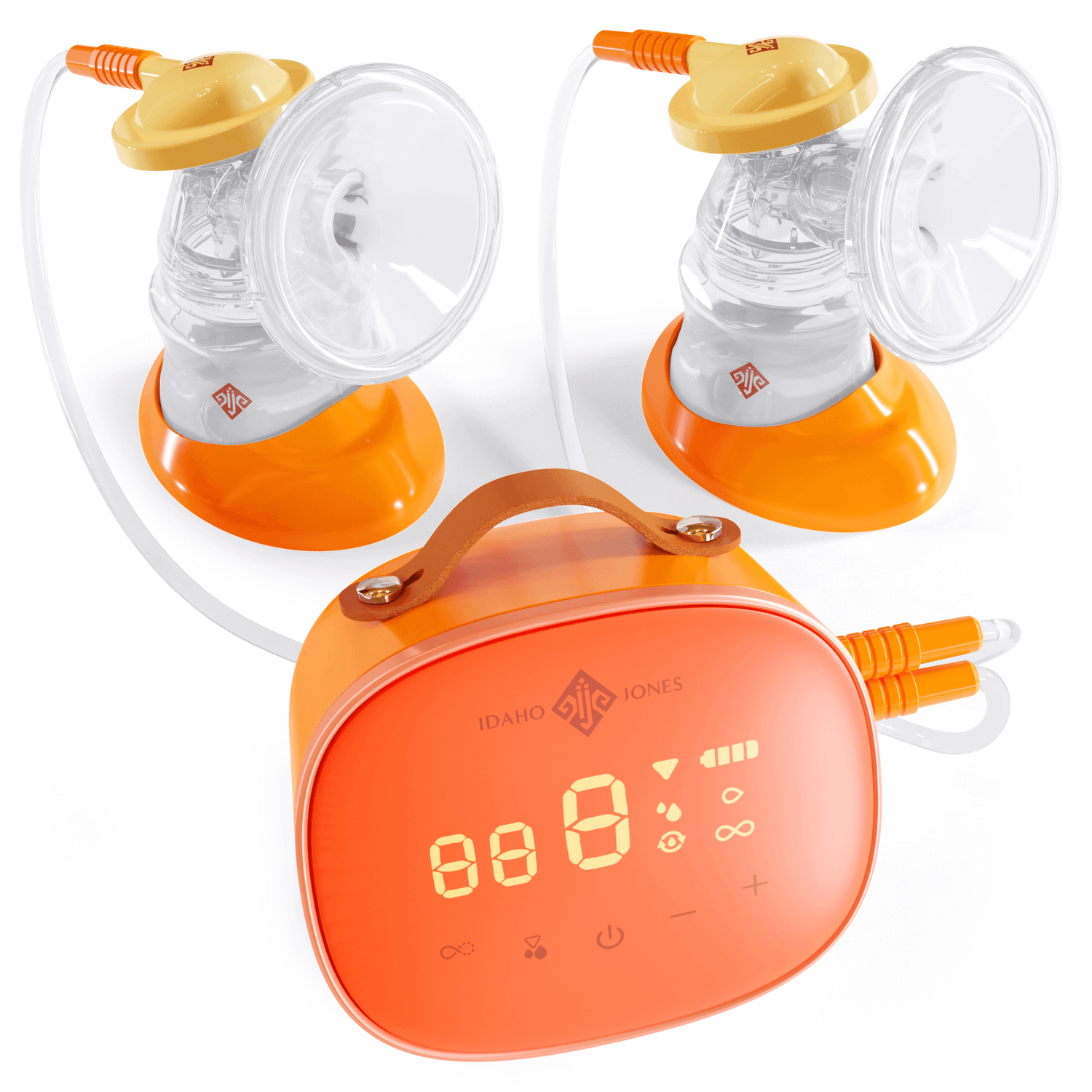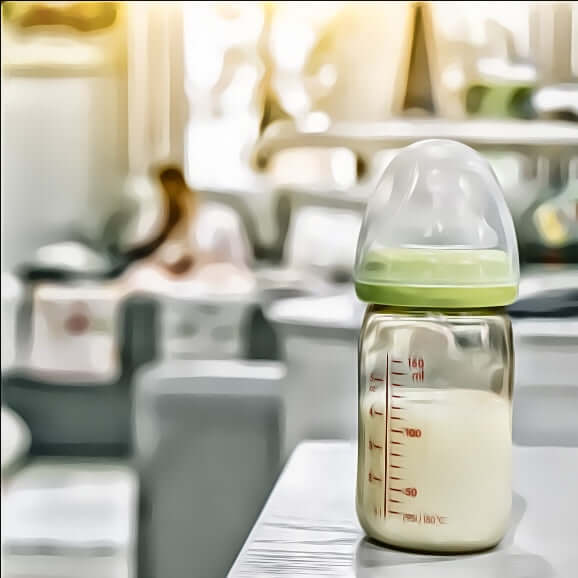Breast milk is a vital source of nutrition for newborns. Therefore, it's essential to understand its safe handling, particularly concerning the storage and warming of breast milk. Many parents often wonder if they can refrigerate warmed breast milk for future use.
The Centers for Disease Control and Prevention (CDC), as of my last training cut-off in September 2021, maintains clear guidelines on this matter. The CDC advises that once breast milk has been warmed, it should not be refrigerated again for use at a later time. The reason for this guideline is primarily to minimize the risk of bacterial growth that could potentially cause illness in the infant.
The risk of bacterial contamination increases if the milk comes into contact with the baby's mouth. The transfer of bacteria from the baby's mouth into the milk could potentially lead to harmful bacterial multiplication, especially if the milk is subsequently cooled and left for an extended period.
However, what if the warmed milk hasn't been in contact with the baby's mouth? Is it safe to refrigerate it again? Technically, the risk of bacterial growth is lower in this case since there is no additional bacterial transfer. However, it's important to remember that the milk could still contain bacteria from the mother's skin or the surrounding environment during expression, and these bacteria could multiply under suitable conditions.
As such, the CDC's conservative approach recommends that warmed milk not be re-refrigerated, even if it hasn't come into contact with the baby's mouth. It's better to err on the side of caution, and warming only the amount of milk needed for each feeding can help to minimize waste.
To summarize, here are the key CDC guidelines for handling breast milk:
- Fresh breast milk should be refrigerated immediately if it's not going to be used right away. It can be safely stored in the refrigerator for up to 4 days.
- Warm only the amount of breast milk you anticipate your baby will consume in a single feeding.
- Use warmed milk within two hours and discard it if not consumed within this period.
- Do not refreeze thawed breast milk.
In conclusion, while there may be lower risks in specific scenarios, the general guideline to avoid re-refrigerating warmed breast milk remains a safer course of action. This guideline helps protect against potential bacterial growth and ensures the highest quality nutrition for your infant.


